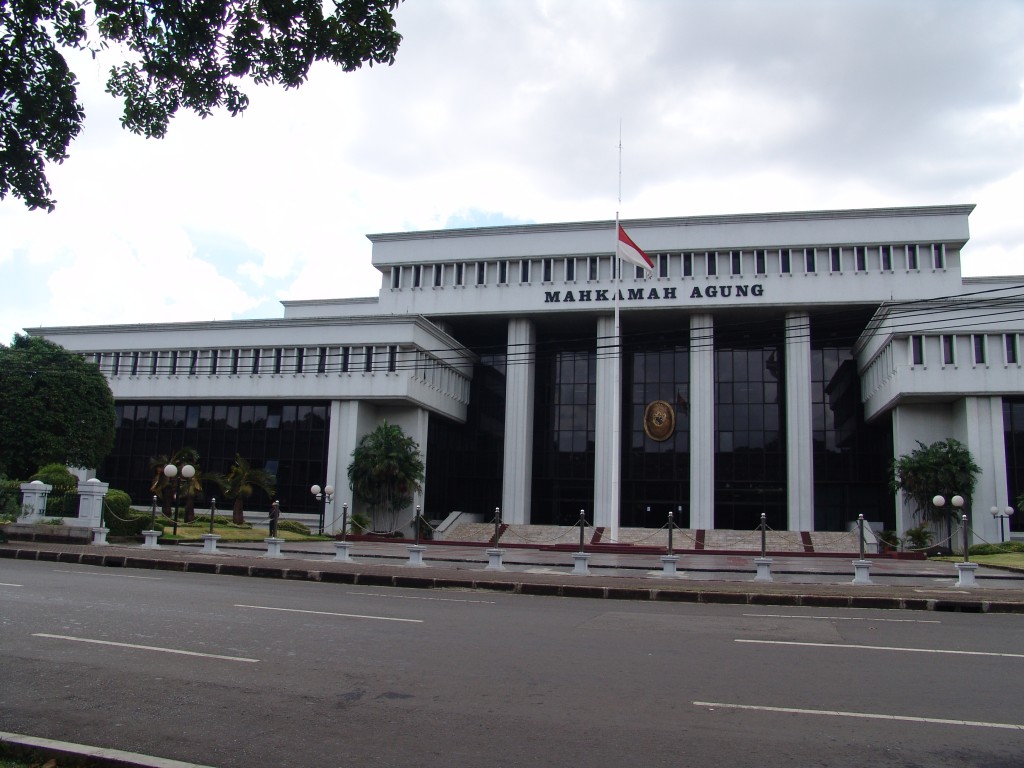Overview
The Investment Coordinating Board (Badan Koordinasi Penanaman Modal – “BKPM”) recently issued Regulation No. 5 of 2019 (“Reg No. 5/2019”) which came into effect on 29 July 2019. Reg No. 5/2019 amends BKPM Regulation No. 6 of 2018 on the Guidelines and Procedures for Licenses and Investment Facilities (“Reg No. 6/2018”)
which in general confirms the divestment requirement which applies to PMA Companies and simplifies the requirements which apply to the foreign directors and commissioners of a PMA Company.
- The divestment requirementPreviously, BKPM Reg 6/2018 was silent on the divestment requirement which caused confusion among investors regarding whether a PMA Company which has the divestment requirement stated in its approvals/business licenses must still comply with the divestment requirement.Reg No. 5/2019 now confirms that a PMA Company which has a divestment requirement included in its approval or business license must still comply with the requirement and must do so within the time limit stated in the approval or license. In order to comply with this requirement, a PMA Company may only divest to an Indonesian national or to a 100% Indonesian-owned business entity through a direct sale of shares or through the domestic capital market.
The divested shares can be transferred back to the relevant foreign shareholder or to any other shareholder after obtaining approval from the Ministry of Law and Human Rights. Reg No. 5/2019 also exempts the divestment requirement for:
- PMA Companies which are not wholly foreign-owned, if the Indonesian shareholder declares in writing that it does not wish to hold or demand that the shares be transferred to it in accordance with the divestment requirement under the relevant approval letter or business license; or
- PMA Companies which are wholly foreign-owned, if the shareholders declare that they do not have a commitment to/agreement with any Indonesian party to sell their shares.
- The requirements which apply to a PMA Company’s foreign directors and commissionersReg No. 5/2019 adds new provisions which differentiate between the shareholding requirements which apply to foreign directors and commissioners and those which apply to other foreigners.Under Reg No. 5/2019, a foreign shareholding director or commissioner whose shares are valued at Rp 1 billion or more and a foreign shareholder whose shares are valued at Rp 1.125 billion or more are entitled to a recommendation from the BKPM for the following:
- a limited stay visa;
- a change of status from a visit stay permit to a limited stay permit; and
- a change of status from a limited stay permit to a permanent stay permit.
However, a foreign shareholder is only entitled to the recommendation for a change of status from a limited stay permit to a permanent stay permit if his/her share are valued at Rp 10 billion or more. The application for a recommendation must be submitted directly to the BKPM and the recommendation will be issued within 3 (three) days of receipt of the complete required documents.
Meanwhile, foreign shareholding directors or commissioners who do not meet the criteria must comply with the regulations on ordinary foreign manpower, which means that the company must submit an application to the Ministry of Manpower for approval of its foreign manpower utilization plan (Rencana Pengunaan Tenaga Kerja Asing – RPTKA), followed by a notification (work permit) and subsequently the foreign director/ commissioner must apply for a limited stay visa, a limited stay permit or a permanent stay permit from the Immigration.
*****
M&T Advisory is an email publication prepared by the Indonesian law firm, Makarim & Taira S. It is only intended to inform generally on the topics covered and should not be treated as a legal advice or relied upon when making investment or business decisions. Should you have any questions on any matter contained in M&T Advisory, or other comments generally, please contact your usual M&T contact or advisories@makarim.com.
Contacts:
Yohanes Masengi – yohanes.masengi@makarim.com
Nadira – nadira@makarim.com

























 Makarim & Taira S. (Old)
Makarim & Taira S. (Old) Rahayu Ningsih Hoed
Rahayu Ningsih Hoed






